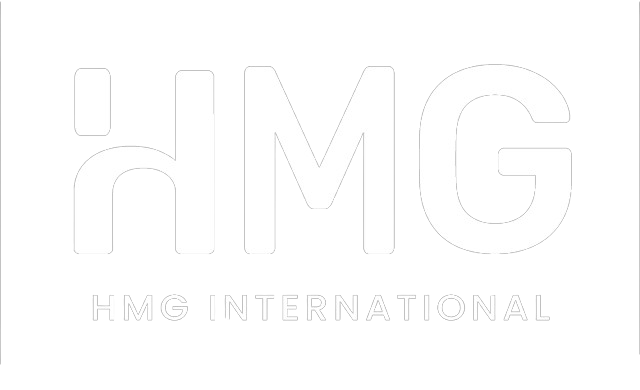Republic of the Congo ECTN
Republic of the Congo: ECTN Certificate
for Seamless Shipments

For shipments destined for the Republic of the Congo, securing an ECTN certificate is paramount to guarantee smooth transit and adherence to import regulations. Eliminate the inconvenience of seeking out a local office by leveraging our streamlined, hassle-free application process. Our system prioritizes convenience while upholding utmost reliability. Wherever you’re situated, trust HMG for swift and effective assistance in obtaining your ECTN certificate for shipments to the Republic of the Congo.
Certification Requirements for the Republic of the Congo
To obtain ECTN certification for shipments to the Republic of the Congo, strict adherence to specific document requirements is necessary to ensure seamless customs clearance processes. Careful completion and submission of the following documents in accordance with the Republic of the Congo’s regulations are essential to prevent shipping delays or complications:
A legal document issued by the carrier that details the type, quantity, and destination of the goods being transported. It serves as a receipt of shipment when goods are delivered to the carrier.
A document provided by the seller that itemizes the goods sold and their prices, including any applicable taxes, fees, or discounts. It is used for customs declaration and valuation purposes.
An invoice that specifies the cost of transporting goods from one location to another. It includes details such as freight charges, handling fees, and other transportation-related expenses.
A declaration form submitted to customs authorities that provides information about the exported goods, including their nature, value, and destination. It helps customs officials verify compliance with export regulations.
A document provided by the importer or their representative, guaranteeing compliance with customs regulations and any financial obligations related to the importation of goods.
Ensuring the accurate preparation and submission of these documents will facilitate efficient processing of your shipment and smooth customs clearance in the Republic of the Congo.
How It Works?
Navigating the ECTN certification process can be complex, but with our streamlined approach, it’s easier than ever. Here’s a step-by-step guide to understanding and completing the process seamlessly:
Explore the specific document requirements for the country you’re shipping to. Ensure you have all the necessary paperwork, including the Bill of Lading, Commercial Invoice, Freight Invoice, and Export Customs Declaration.
While reviewing the requirements, remember that our expert team is always available to assist you. Feel free to reach out to discuss your certification needs and receive personalized guidance tailored to your specific requirements.
Utilize our user-friendly online application form to provide accurate information and upload clear, scanned copies of your documents. Our intuitive platform ensures a seamless submission process.
Rest assured that your application and documents will be promptly reviewed by our expert team. We prioritize compliance with ECTN regulations, ensuring thorough scrutiny for accuracy and completeness.
Upon approval, your ECTN certificate will be swiftly generated and delivered to you as a PDF file for convenient download. Experience peace of mind knowing that your certification is in compliance with all relevant regulations.
Stay informed every step of the way with timely email notifications. Once your certificate is ready, you will receive detailed instructions for downloading and utilizing it for your shipment.
